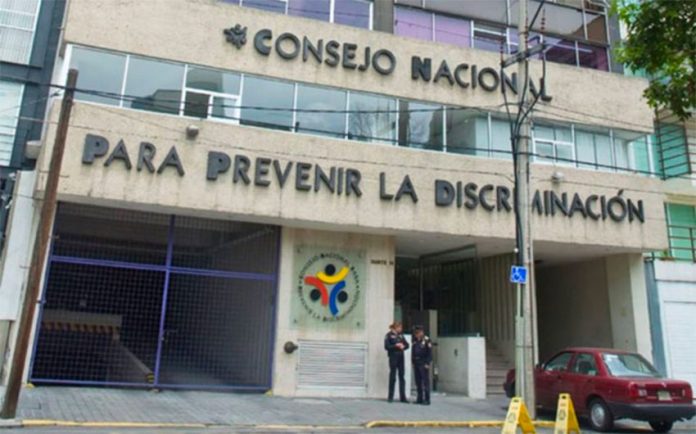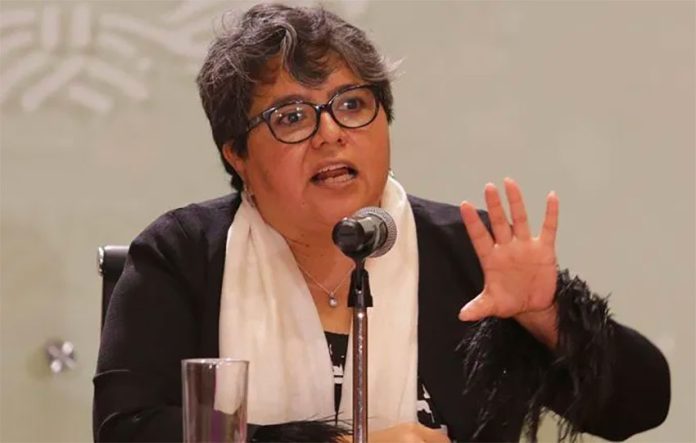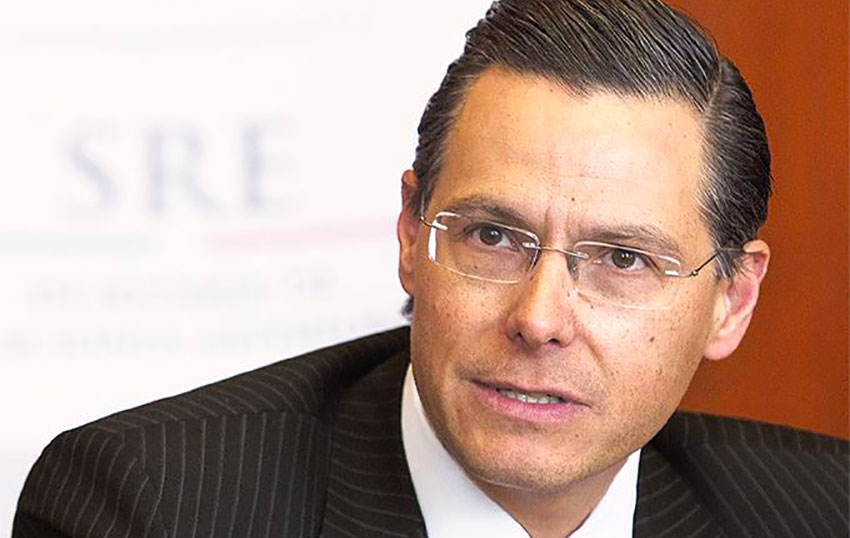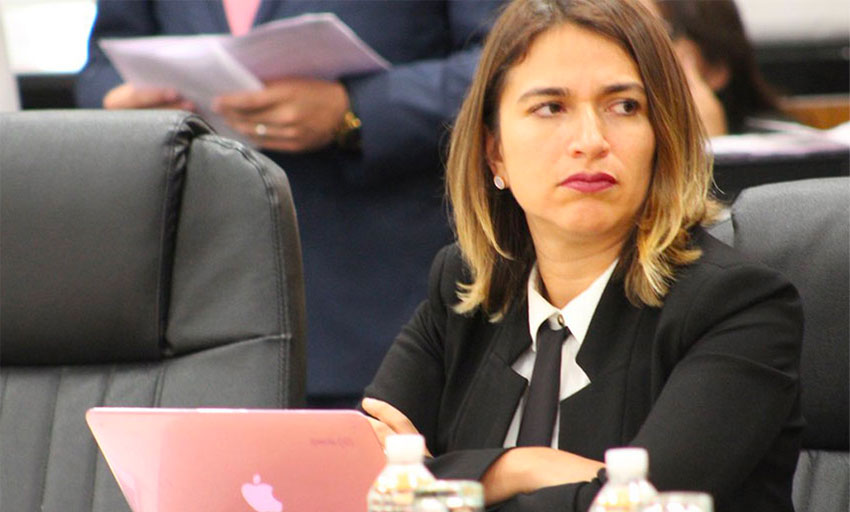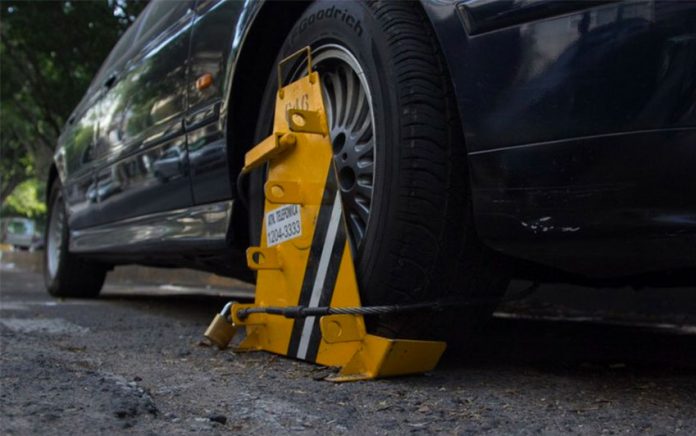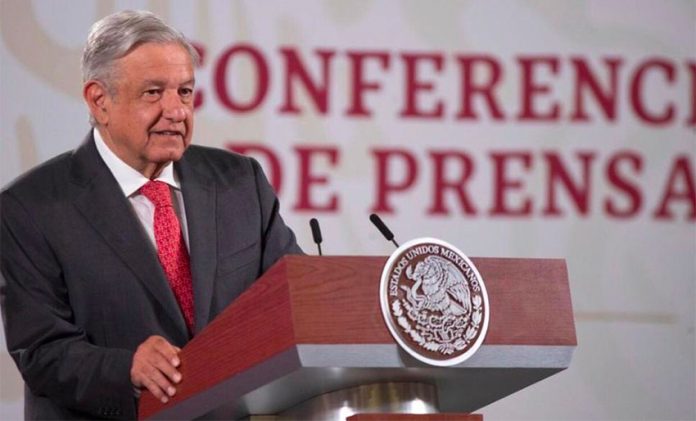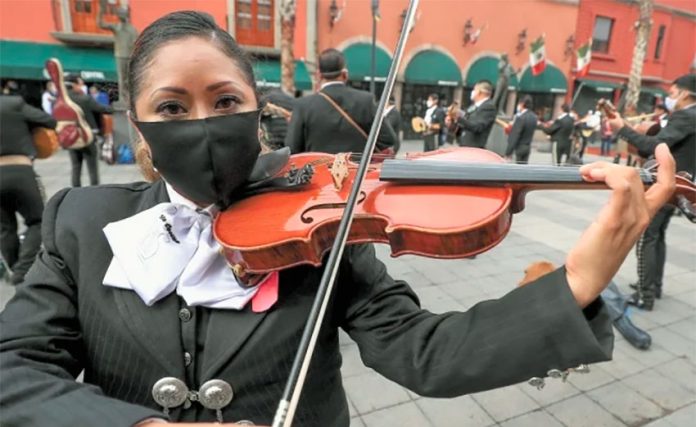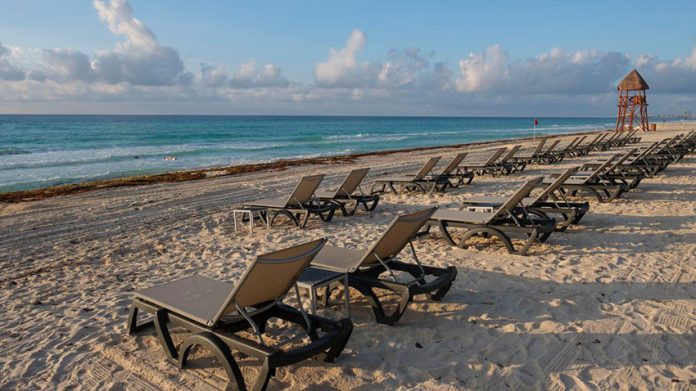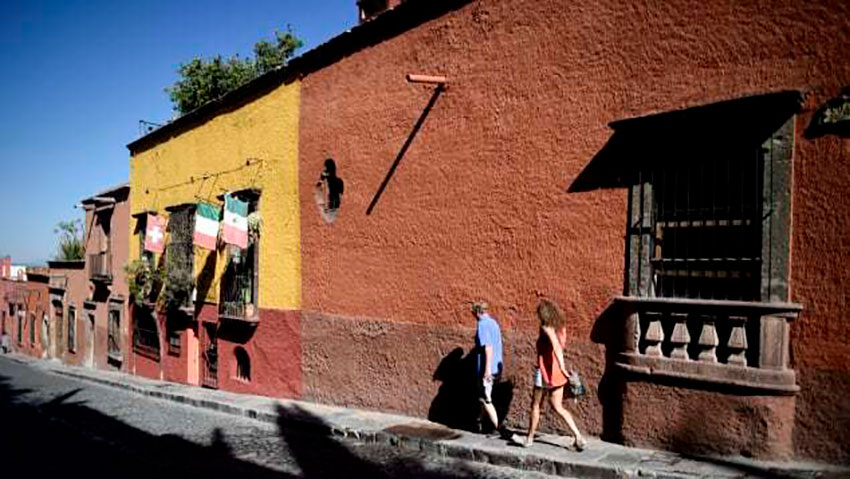Not much is going right for the federal anti-discrimination watchdog: its director resigned last week after President López Obrador suggested that the organization should be disbanded, and its website was the victim today of a cyber attack.
Mónica Maccise officially resigned as head of the National Council to Prevent Discrimination (Conapred) last Friday, two days after the Interior Ministry (Segob) asked her to leave the post.
The request for her resignation came after López Obrador suggested that Conapred — which he claimed he had never heard of before — should be dissolved and that Segob should be in charge of all issues related to human rights. Having an anti-discrimination agency only creates unnecessary bureaucracy, he said.
Three members of Conapred’s Advisory Assembly also tendered their resignations after Maccise announced her departure.
López Obrador’s remarks about Conapred came as it was facing a public backlash for an online forum it organized for last Wednesday.
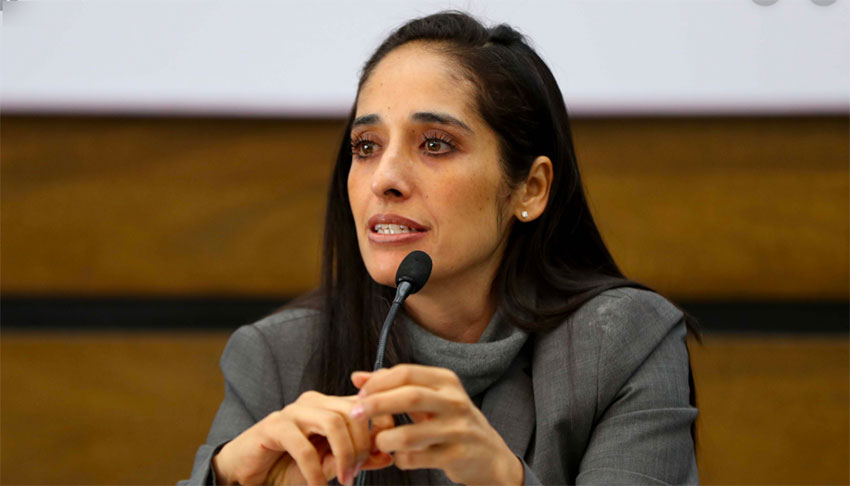
Ultimately canceled, the forum was criticized for both its title – “Racism and/or Classism in Mexico?” – and more fervently because a comedian with a history of making racist and discriminatory comments had been invited to be a panelist.
“We were very critical of the event, first of all, because they presented it as if it were a question,”José Antonio Aguilar, founder of the advocacy group RacismoMX, told the magazine Americas Quarterly (AQ).
Conapred came under harsher criticism for inviting Chumel Torres, a well-known comedian, to participate in the forum.
Torres is quoted as saying that an indigenous Barbie doll would “sweep and mop … just like in real life” and last year mocked the then 12-year-old son of López Obrador and Beatriz Gutiérrez Müller by referring to him with a nickname that alluded to his physical appearance.
Gutiérrez, the first lady, was one of the most influential people who criticized Conapred’s decision to invite Torres onto a panel to discuss racism.
“You invited this person to a forum on discrimination? I’m still waiting for his public apology,” she wrote on Twitter.
Torres, whose HBO show was suspended last week pending a review of allegations of racism, responded by asserting that he had hoped to “build bridges” at the forum.
AQ reported that the comedian offered an “apology of sorts” to Gutiérrez but also blamed her for the cancelation of the Conapred forum.
A day after the forum was to be held, López Obrador renewed his attack on the anti-discrimination watchdog, suggesting that it should have never been created.
“We have to fight racism and discrimination … but we don’t need to create a government agency for every demand,” he said.
The president even claimed that he hadn’t heard of Conapred before the controversy over its forum, and asserted that it hasn’t done anything to benefit the Mexican people.
López Obrador’s remarks and Maccise’s resignation triggered an outpouring of support for the agency.

Aguilar, the anti-racism advocate, told AQ that the council “should have more responsibilities, more capacity, more power, and above all more resources.”
He said “it would be a mistake to think that it could disappear” and that “on the contrary, it should be strengthened.”
The global anti-racism movement triggered by the death of African American George Floyd in Minnesota last month has led to a period of self-reflection about racial prejudice in Mexico, a country where people who have dark skin and speak an indigenous language are much more likely to have lower levels of education and suffer economic hardship, according to a 2019 Oxfam study.
In that context, López Obrador’s insinuation that Conapred has achieved nothing and shouldn’t even exist was bound to spur controversy.
While three members of the Conapred Advisory Assembly quit in the wake of his remarks and Maccise’s apparently forced resignation, other members are seeking dialogue with the government to ensure its survival.
Haydee Pérez Garrido, a spokeswoman for the remaining Advisory Assembly members, told the news website Animal Político that a document has been sent to López Obrador and Interior Minister Olga Sánchez asserting that the elimination of Conapred would represent a step backward in the fight against discrimination.
She said the council should be strengthened while acknowledging that its “regulatory framework, mandate, responsibilities and operational capacity” should be reviewed.
In the document sent to the government, the Advisory Assembly members rejected the president’s claim that Conapred has done nothing to benefit Mexicans.
They stressed that in the 17 years since it was created, the council has made “significant progress in the defense of the rights” of people with disabilities, the elderly, people with different sexual preferences and those of diverse racial backgrounds, including Afro-Mexicans.
Discrediting Conapred and its work amounts to an attack on the “just struggles and demands” of a range of social groups, the Advisory Assembly members said.
“It must be highlighted that the president’s project, supported by the powerful idea of putting the poor first, implies recognizing that many of them [the poor] are in that position precisely because they are victims of discriminatory practices,” the document said.
Convincing the government of its worth is not the only battle currently faced by Conapred.
Hackers took the council’s website offline on Monday morning and at 5:00 p.m. it remained inaccessible.
Anonymous Iberoamérica, part of an international activist/hactivist collective known for cyber attacks, claimed responsibility for the website’s removal. It said that it had hacked the site to protest against federal government censorship.
“The new regime of the government led by Andrés Manuel López Obrador makes use of censorship when it can’t debate with solid arguments that which is not in its interests for the people to know,” it said.
“Anonymous will not allow censorship to once again form part of our everyday life as it did in the past.”
It was unclear whether the decision to target the Conapred website was related to López Obrador’s remarks about the anti-discrimination council last week.
Source: El Financiero (sp), Animal Político (sp), Americas Quarterly (en)
